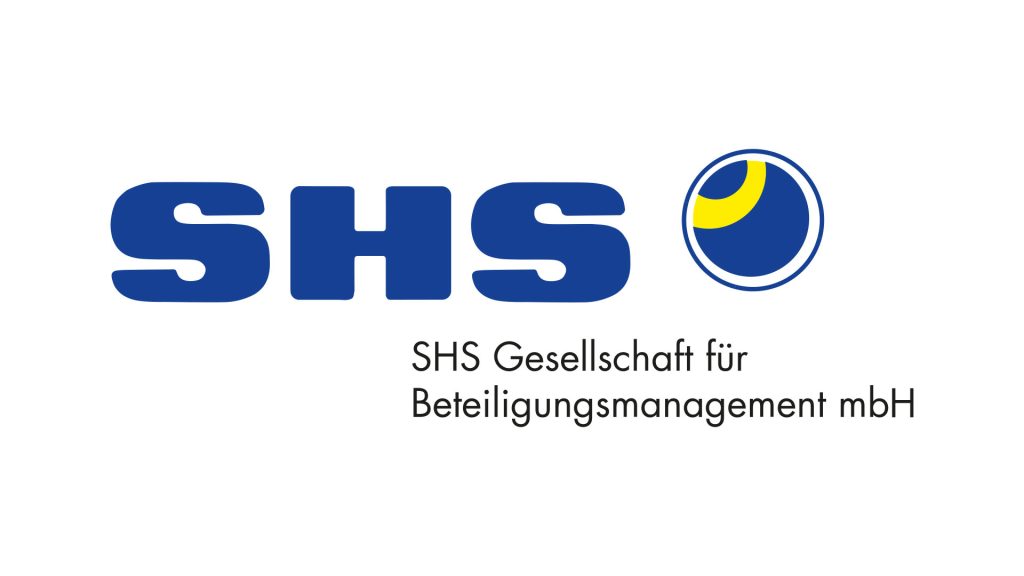SHS Workshop “Best Practice Supply Chain”

The medical technology industry has not exactly had it easy in the last two years. In addition to the pandemic, which has shaken the industry, the MDR (Medical Device Regulation) of the EU and digitalisation in particular present companies with major challenges that tie up manpower and capital. In addition, there are now pandemic-related supply chain problems, which have different effects depending on the company.
A development that does not leave SHS portfolio companies unscathed. As an experienced industry investor, SHS therefore decided to hold a workshop on this topic at the end of May 2022. “Best Practice Supply Chain” was the name of the event, which was attended by around a dozen MedTech companies from the SHS portfolio. The aim of the workshop was an open, trusting exchange of experiences, where problems were to be addressed and ideas for solutions exchanged.
Lukas Maucher, new to SHS as CFO, led the workshop together with Uwe Steinbacher.
Editorial team: Lucas, what is your conclusion after the “Best Practice Supply Chain” workshop?
Lukas Maucher: First of all, we were pleased with the good response from our portfolio companies. This shows that the topic is preying on the mind of many companies. It was interesting for us that every company has different supply chain problems and develops its own strategies accordingly.
What factors can generally lead to problems in the supply chain?
There are a number of factors that can affect a company’s supply chain to varying degrees. Sometimes it is local conflicts at the supplier’s location, sometimes economic problems or even the insolvency of the supplier. Then there can be changes in customer needs, which also have an influence on the procurement of a MedTech company, as well as regulatory innovations, keyword: MDR. In addition, there are events that fall into the “black swan” category, i.e. unforeseeable events such as war, terrorist attacks, cyberattacks and natural disasters. And then there are so-called “brewing storms”, i.e. problems that build up predictably, like a hurricane.
What supply chain difficulties do MedTech companies specifically have to deal with?
Our portfolio companies manufacture high-tech products, some of which are complex and demanding to produce. You can’t just quickly change a supplier. After all, the preliminary products must also meet the highest requirements and comply with regulations. One solution would be, for example, to order supplier parts in stock and build up a larger warehouse. Of course, that ties up capital. But if a MedTech manufacturer can’t deliver because he can’t produce due to a lack of materials, he has an even bigger problem.
How have delivery times changed in the supply chain?
40 to 60 weeks longer delivery times are no longer a rarity when sourcing primary products from Asia. In addition, there are extreme price fluctuations or, even worse, permanent dramatic price increases.
Can second sourcing be implemented so quickly?
Second sourcing sounds good, but: all parts that come from a new supplier have to be retested and, if necessary, also approved by the authorities. This is a very time-consuming and cost-intensive process. And the more parts a manufacturer sources, the more costly it becomes. The MDR does not necessarily help here either. Due to the size of the company, it is not always easy for SMEs to set up second sourcing – and usually not very attractive for the supplier either. But in principle, second sourcing is an option to make the supply chain more resilient.
Keyword shift in purchasing. Will the purchasing behaviour of MedTech companies change – away from global purchasing towards sourcing in their own country?
This trend is visible. In some cases, this goes so far that companies would prefer to have their suppliers in their own region, so that they can quickly drive there to pick up parts. In the short term, this is not so easy to implement, but in the long term it can make sense for many companies, without wanting to talk about deglobalisation. But it is sobering when a German company cannot deliver high-class bicycles because the brakes are stuck in a container in the Suez Canal, to give a concrete example from another booming industry.
Do supply chain problems ultimately affect patients?
Our portfolio companies are not currently reporting any immediate effects on patients. But it is clear that the situation is not getting any easier, also because of the MDR. And if a vital product such as a stent or a pacemaker does not reach the patient because the supply chain is interrupted or the MDR approval is not proceeding, then it becomes dramatic.
As a healthcare investor, how does SHS help its portfolio companies?
For example, through such a workshop on the topic of supply chain, where companies openly exchange ideas. Or by making targeted supply chain expertise available through our network. Also conceivable are platforms that enable companies to engage in active power shopping together. We are happy to provide all the necessary tools and our decades of experience in the healthcare sector. Because SHS wants its portfolio companies to build maximum resilience in terms of supply chain.
Thank you very much for the interview!